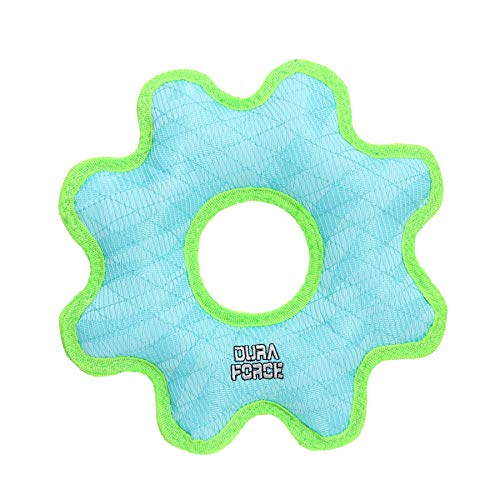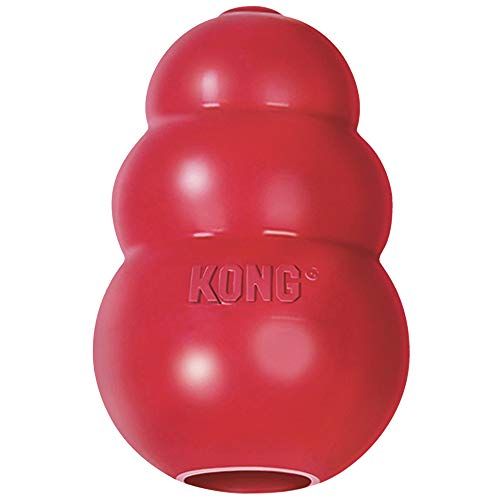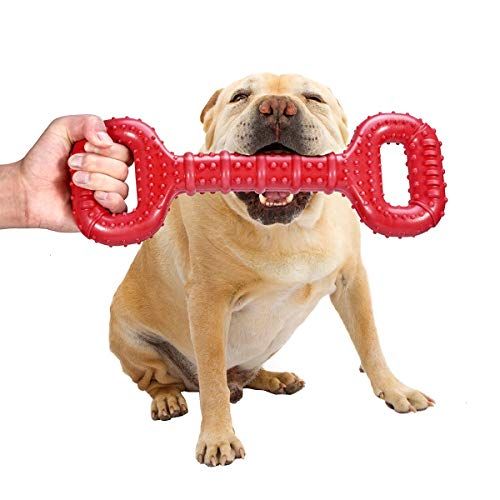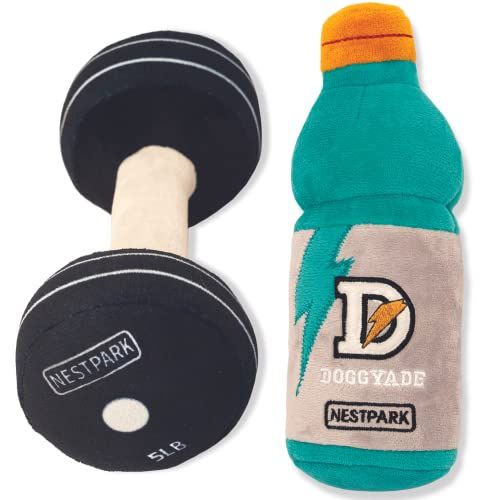Understanding the Size of Small Dog Breeds
Small dogs may be diminutive in size, but they are known for their unique personalities, intelligence, and vibrant energy. But have you ever wondered about the size of their brains? How does it compare to larger bWondering just how big a small dog is? Dogs come in a vast variety of shapes and sizes, from imposing Great Danes to tiny Chihuahuas. The term 'small dog' can mean different things to different people, but generally, small dog breeds are those that weigh less than 22 pounds and stand about 16 inches high at the shoulder when fully grown. Let's delve deeper into the fascinating world of small dog breeds, exploring their typical sizes, characteristics, and how to care for these pint-sized pets.ds, or even to humans? This article provides a detailed look into the dimensions of a small dog's brain, shedding light on their cognitive capabilities and revealing intriguing insights into the world of canine neuroscience.
When discussing the size of a small dog, there are several factors to consider, including breed, age, and weight. Generally, small dogs are defined as those weighing less than 20 pounds and standing no taller than 16 inches at the shoulder. However, there's more to understanding a small dog's size than just its weight and height.
Breed Considerations
A variety of dog breeds fall into the small dog category. These include, but are not limited to, the Chihuahua, Pomeranian, Yorkshire Terrier, Dachshund, Shih Tzu, and French Bulldog. Each breed has its own unique range of sizes, but all are typically characterized by their petite stature.
For instance, a Chihuahua, the smallest breed, can weigh as little as 2 pounds and stand about 5 inches tall. On the other hand, a French Bulldog, while still classified as a small dog, is heftier and can weigh up to 28 pounds and stand about 12 inches tall. It's crucial to research specific breed information when trying to understand the potential size of a small dog.
Age Factors
Puppies will obviously be smaller than fully grown dogs. However, small breed dogs will typically reach their full size quicker than large breed dogs. Most small breed dogs are considered fully grown between 6 and 12 months of age, but this can vary based on the individual dog and breed.
Weight and height might increase slightly after this point, but generally, once a small breed dog has reached one year of age, they won't grow much more. Again, it's crucial to know the specific growth rate of your dog's breed for a more accurate understanding of their adult size.
Size and Health
The size of a small dog can also be influenced by their overall health. Overfeeding and lack of exercise can lead to obesity, which can affect a small dog's size. An obese small dog may weigh more than the typical weight range for its breed. It's essential to provide a balanced diet and regular exercise to ensure your dog maintains a healthy weight.
On the other hand, a small dog that is underweight may be smaller than the typical size for its breed. Underweight dogs may suffer from health issues, such as malnutrition or underlying disease, which can affect growth and development. Regular vet check-ups are vital to monitor your dog's health and ensure they're at a healthy weight for their size and breed.
Conclusion
Small dogs come in a variety of shapes and sizes, making it impossible to give a one-size-fits-all answer to the question, "how big is a small dog?". However, by considering the factors of breed, age, and health, we can better understand the potential size of a small dog.
While small in size, these dogs pack a lot of personality and can make wonderful companions. Regardless of their size, it's important to remember that every dog deserves love, care, and respect.
Learn more: How big is a small dog















